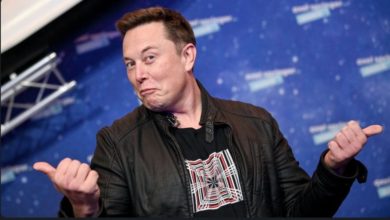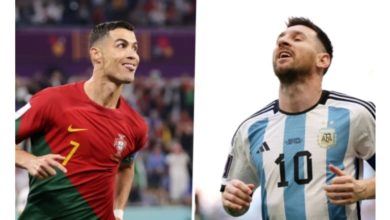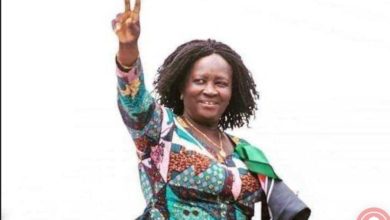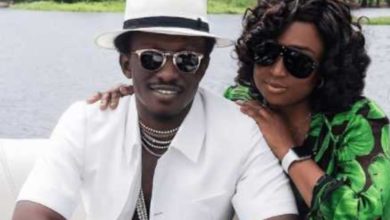Russia offers ‘total support’ to African nations seeking new partnerships
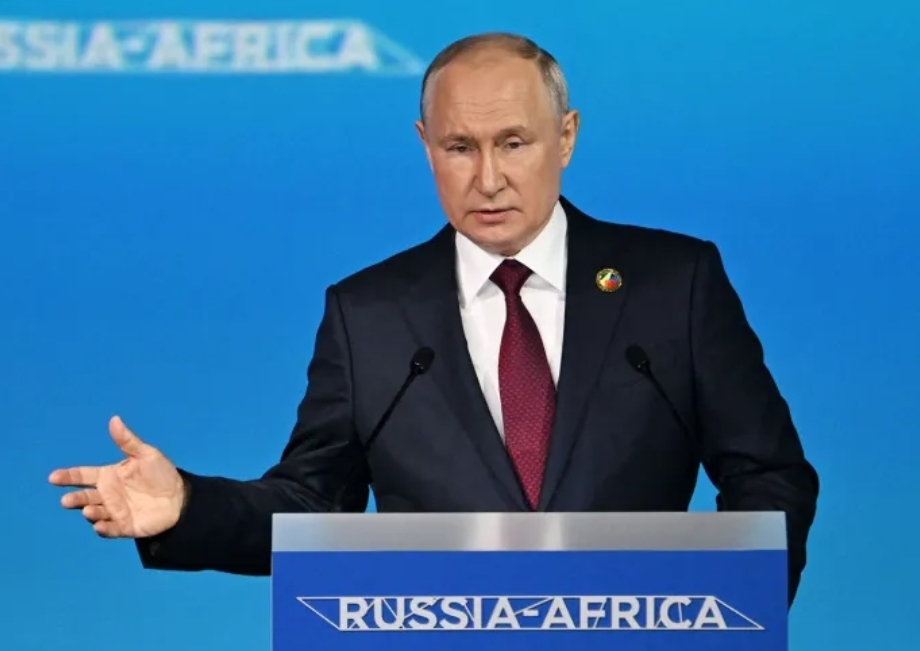
At the recent Russia-Africa summit in Sochi, Russian President Vladimir Putin extended “total support” to Africa, pledging aid against terrorism, extremism, and other crises. Russian Foreign Minister Sergei Lavrov delivered Putin’s message to African leaders, highlighting Moscow’s growing partnerships in the region as several African nations distance themselves from Western powers.
Countries like Burkina Faso and Mali now favor Russia over their former colonial ruler, France. Burkina Faso’s Foreign Minister Karamoko Jean-Marie Traoré emphasized that Russia is a more reliable partner, while Mali’s Foreign Minister Abdoulaye Diop cited Russia’s “sincere” support as an improvement over Western “neo-colonial” ties. Mali, Diop added, is exploring cooperation with Russia across sectors like energy, technology, and mining. Diop stated, “Russian companies are working in all these areas with the Malian government and [private] partners in Mali to provide solutions.”
Russia’s military aid, including Wagner mercenaries now rebranded as the Africa Corps, supports the junta leaders in Burkina Faso, Mali, and Niger. However, Russian forces have struggled to make substantial progress against Islamist militants. Still, Russia avoids involvement in domestic politics or electoral processes, promising a hands-off approach in exchange for access to African resources.
This shift worries Western observers, with Kremlin spokesperson Maria Zakharova stating that the conference “dashed Western hopes for Russia’s isolation.” Lavrov added that Russia’s relationships with African countries are deepening. Putin’s speech reinsisted Russia’s commitment to sustainable development, anti-terrorism efforts, and crisis response in Africa.
Rwanda is one of several African countries strengthening ties with Russia, aiming for nuclear power development. Rwandan Foreign Minister Olivier Nduhungirehe noted that hundreds of Rwandan students have graduated from Russian universities, with many specializing in nuclear science.
Despite a 2018 promise from Putin to double trade with Africa, trade levels remain unchanged. Yet, Russia’s influence in Africa has grown through non-traditional means that some Western leaders view as destabilizing.

